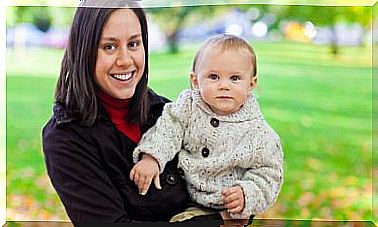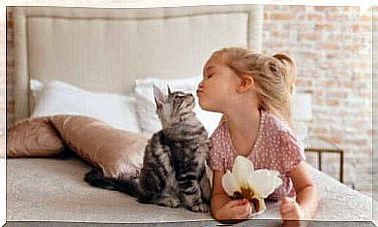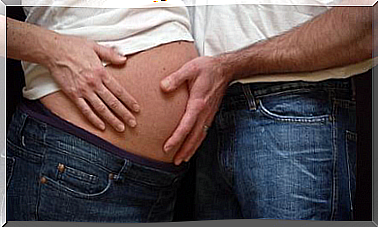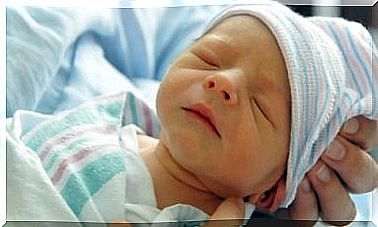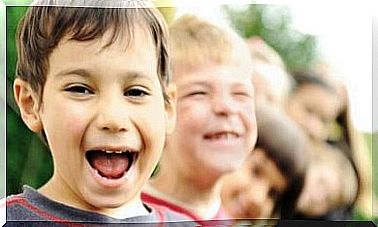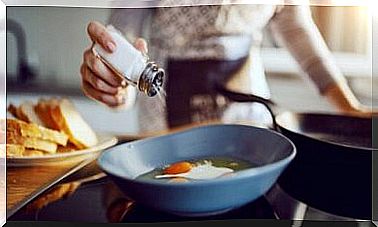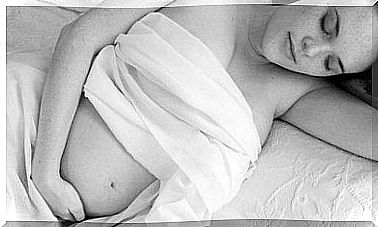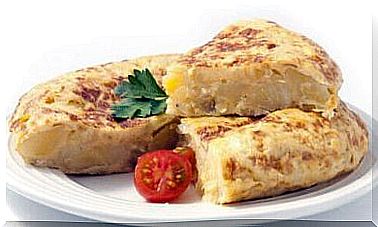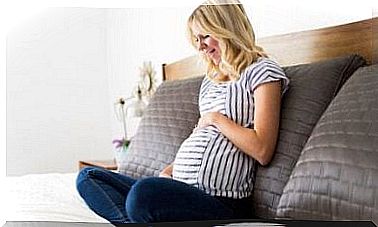What Can You Do If Your Baby Is Drooling A Lot
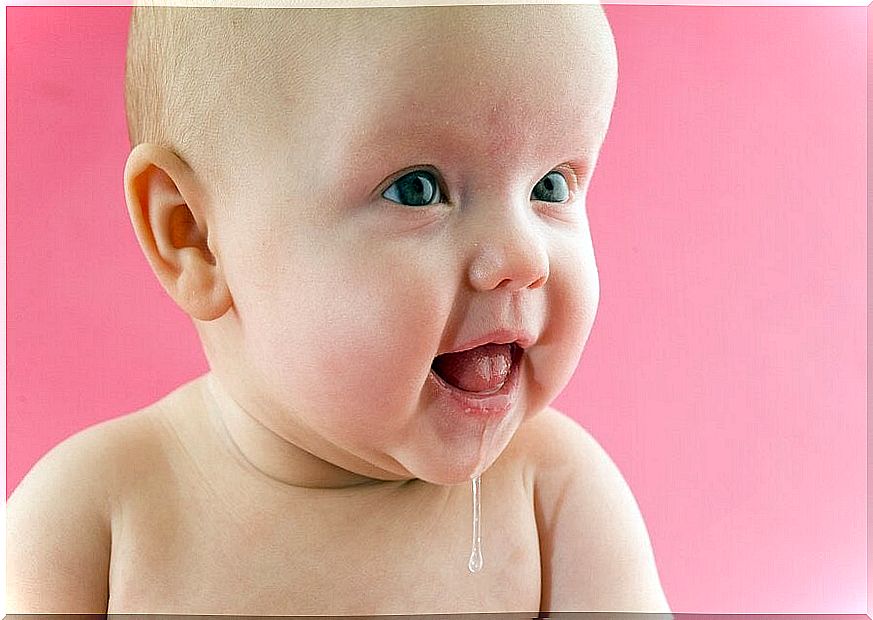
“What should I do if my baby is drooling a lot?” This is a common question among first-time parents. Inexperienced mothers and fathers may be concerned when their babies drool more than they think is normal.
However, excess saliva and drooling is normal in babies. This is because they have not yet learned to swallow their saliva. While newborns don’t produce much saliva, babies start drooling more after 2 months.
At this age, babies start sucking and chewing everything and saliva production increases without the baby realizing it. That’s why babies drool naturally.
It all has to do with the swallowing system of little ones. When babies drink, they use the muscles in their mouths to suck and swallow. However, saliva production is automatic and stays in a baby’s mouth until it overflows.
Bibs are a great aid if your baby is drooling a lot. They help prevent your baby’s chest from getting wet and also help to keep warm. We also need to pay attention and make sure our baby’s mouth stays dry to avoid possible irritation.
My baby is drooling a lot, when should I start worrying?
When a baby has a cold, it is normal for them to drool a lot. If you notice this change even though your baby is not sick, you should see your doctor.
However, if a baby’s drooling lasts a very long time, it could mean that there is a problem in the nervous system. As a result, your baby cannot swallow properly.
If your little one has trouble eating and is drooling a lot, it could mean that it hurts when he or she swallows. The cause is generally a viral infection that causes pain or sores in the mouth.
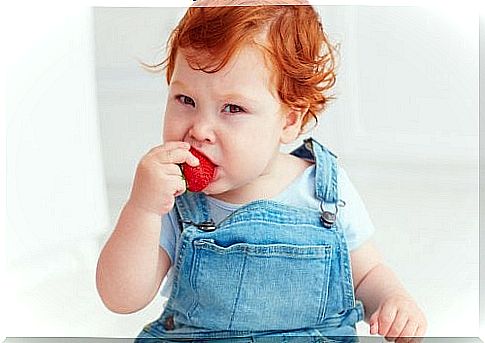
If your baby drools a lot, he/she is at risk of choking regularly or being constantly nauseous. It can also cause your baby to have breathing problems. In either case, it is important that you remain calm and take your baby to the doctor to rule out any illness.
Finally, it is also important to remember that babies have an immature swallow reflex and this can take some time.
Is teething the only reason my baby drools a lot?
Obviously, one of the main reasons babies drool too much is because their teeth are coming through. Although they take some time to come through, the cores of a baby’s teeth begin to grow into the gums around 2 months.
Saliva contains enzymes that help fight certain infections. This is why saliva production increases once your little one’s first tooth comes through. At this point, your child will probably benefit from a teething ring. This is useful for relieving sore gums, but they also cause saliva production.
At the same time, one of the first things little babies discover is their hands. And once they do, they start putting them in their mouths. This allows them to discover new sensations. By playing with their hands, babies stimulate saliva and begin to drool.
This habit is helpful when babies start eating solid foods. For example, they grab their food and put it in their mouths as a means of exploring. Little by little they learn to eat solid food on their own.
Of course, when babies start chewing their fingers and playing with their tongues, it also stimulates saliva production. Saliva plays a key role in softening food and swallowing it.
Infants tend to bite the area of their gums where teeth come through. This area often looks swollen and red. Drooling is very obvious and necessary at this stage as it keeps the area hydrated and prevents infection.
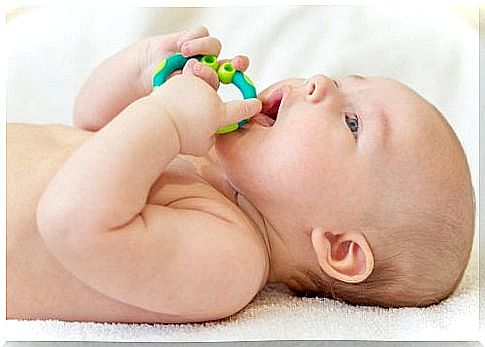
Saliva and food
The new tastes and sensations that babies experience when they start eating solid snacks stimulate their taste buds. This also causes little ones to drool more than usual. The role of saliva in this case is to lubricate and help move food to the stomach.
You should pay special attention to your child’s drooling if you think it is more than usual. In general, children drool until about the age of 18 months, although this can vary. It all depends on your child’s individual development process, his or her acceptance of solid foods and teething.
That said, there’s no need to get alarmed. Always keep a bib or burp cloth handy, as well as a pacifier or teether to help your baby through this phase. Keep calm and enjoy this stage in your little one’s infancy. Remember that every moment in your baby’s life, whether good or bad, is unique.
